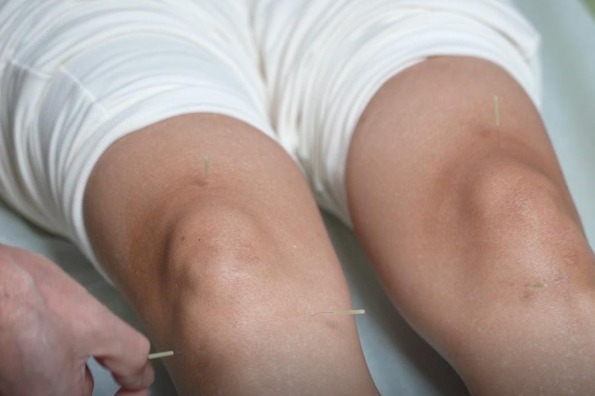China adopts law on traditional medicine

China's top legislature adopted a law on traditional Chinese medicine (TCM) to give TCM a bigger role in the medical system.
The law goes into effect on July 1, 2017, aims to protect and facilitate TCM development while protecting health.
County-level governments and above must set up TCM institutions in public-funded general hospitals and mother and child care centers. Private investment will be encouraged in these institutions.
All TCM practitioners must pass tests. Apprentices may only begin practice when they have recommendations from at least two qualified practitioners and pass relevant tests.
With a history of more than 2,000 years, TCM is seen by many as a national treasure in China for its unique theories and practices, such as herbal medicine, acupuncture, massage and dietetics.
This is especially the case since Tu Youyou won the 2015 Nobel Prize for her work using artemisinin to treat malaria.
There is considerable skepticism of TCM in Western medicine, particularly over training and funding, and an aversion to using modern clinical tests. Animal-rights activists have also raised questions.
The new law puts TCM and Western medicine on equal footing in China,with better training for TCM professionals, with TCM and Western medicine learn from each other and complementing each other.
The state will support TCM research and development and protect TCM intellectual property.
The state will also protects medicinal resources including protection and breeding of rare or endangered wildlife.




